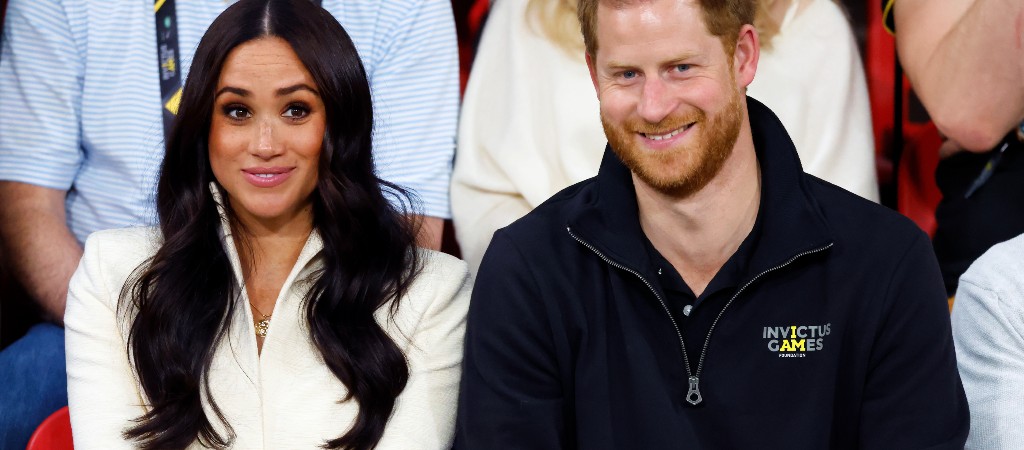
Meghan Markle‘s podcast, Archetypes, came out of the gate strong when it debuted on Spotify in August. It immediately beat Joe Rogan by rocketing to the top of the Spotify charts, which is no easy task given the vast size and reach of Rogan’s audience. It doesn’t hurt that she’s manage to land heavy hitters like Mariah Carey and Serena Williams, but there’s one guest who made Markle the most nervous: Paris Hilton.
Before you rush to judgment, that’s the exact problem that Markle ran into while hosting Hilton. “I told her at the beginning that I was the most nervous about her interview,” Markle told Variety. “I was embarrassed to admit it, but I’ve had a judgment about her that’s based on everything I’ve seen, and I don’t like to come from a place of judgment. But I also didn’t grow up pretty.”
From there, Markle offered what’s probably the most thoughtful and insightful analysis of Hilton ever recorded:
So much of what I ended up thinking about, when I thought about Paris, was envy and judgment — two of the most dangerous things. But then you hear about her trauma and her life and her buying into this persona. Ultimately, I told her, “I’m really sorry that I judged you.” I wanted her to be safe and comfortable. I told her I wasn’t looking for a “gotcha” moment. I want a “got you” moment, where we get you.
But that episode is not framed as a defense of Paris; it’s the humanization of her. And that’s true for everybody. I don’t care what situation you’re in — if a 16-year-old boy or girl, or a woman in the workplace, feels objectified or dehumanized because their character is misrepresented, I hope everyone listening with an open mind could come away thinking, “Could I just actually consider for a second that there’s a person there?”
Again, that’s a stunning assessment of Paris Hilton that you don’t see everyday. While Markle credits her California upbringing for helping her do the “internal work” to imagine someone else’s perspective, like Hilton, she’s also been routinely hounded by the paparazzi and the tabloids in recent years.
When you’ve gone from Deal or No Deal to literal British royalty, you get a real close look at how public narratives can form beyond your control.
(Via Variety)
